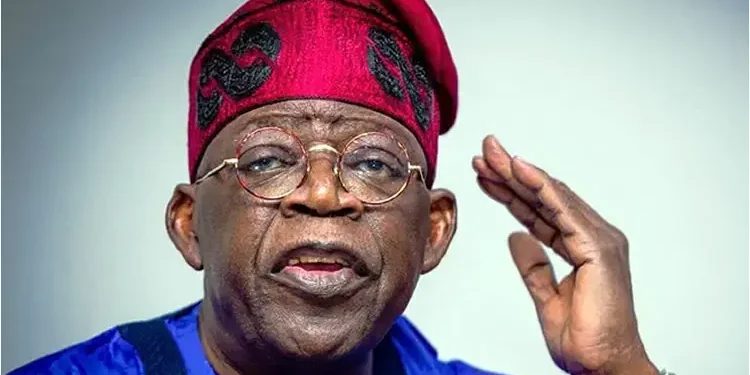The House of Representatives has progressed a bill to establish the Bola Ahmed Tinubu Federal University of Nigerian Languages, with the aim of promoting the study and preservation of Nigerian languages and culture. This bill, introduced by Deputy Speaker Benjamin Kalu and eight other representatives, passed its first reading on Thursday.
The proposed university is intended to offer education in Nigerian languages and cultures to students from all backgrounds, without discrimination based on race, creed, or political beliefs.
According to Section II, Part I of the bill, as reported by *Naija News* on Saturday, the university’s mission is to “promote the advancement of learning and provide access to higher education in Nigerian languages and cultures for all individuals, without distinction based on race, creed, sex, or political affiliation.”
The university aims to prepare graduates capable of using Nigerian languages for societal development, while also engaging in research, innovation, and postgraduate education to maximize Nigeria’s natural and human resources. It is also expected to collaborate with other institutions focused on language and cultural studies to support Nigeria’s linguistic heritage.
The university’s key roles include offering training in Nigerian languages, providing consultancy services, running outreach programs, and supporting ongoing education and professional development.
Section 1(2) of the bill highlights that the university’s primary goal is to train experts in Nigerian languages, improve communication in local languages to promote national unity, and facilitate the acquisition of knowledge in these fields.
Once established, the federal university would serve as a catalyst for the effective use of Nigeria’s resources through advanced training, research, and innovation. It will form strategic partnerships with other institutions involved in the study and development of Nigerian languages and cultures.
Additionally, the university aims to provide foundational training that supports the development of Nigerian languages and emphasizes research and teaching activities, including outreach programs, in-service training, and continuing education.
The university’s objectives, as outlined in Section 1(2), include “training highly skilled professionals in Nigerian languages,” “offering language consultancy services,” and “engaging in research, community outreach, and promoting the study of various Nigerian languages.”
The President of Nigeria is designated as the university’s Visitor, with the authority to conduct regular assessments to ensure the institution’s activities align with its mission. Section 14(2) requires that such evaluations take place at least every five years, allowing the President or appointed representatives to review the university’s progress.
This section also states that the university’s staff and administration must cooperate fully with the President or any designated person during these evaluations, providing necessary support and resources.
Moreover, the President has the power to remove council members, except for the pro-chancellor and vice-chancellor, due to misconduct or incapacity, based on recommendations from the university council.
Section 15(1) specifies, “If the council believes that a council member (excluding the pro-chancellor or vice-chancellor) should be removed due to misconduct or inability to perform their duties, it will recommend such action through the Minister to the President, following appropriate inquiries.”
“If the President approves, he may order the removal of the concerned individual from their position.”
The bill is expected to move to a second reading in the coming weeks, providing an opportunity for public discussion and input from stakeholders regarding the proposed university.















